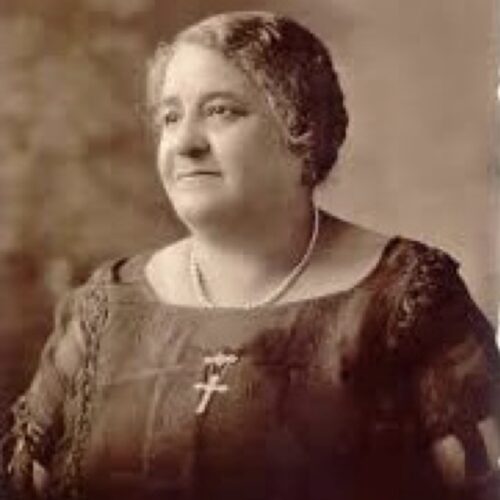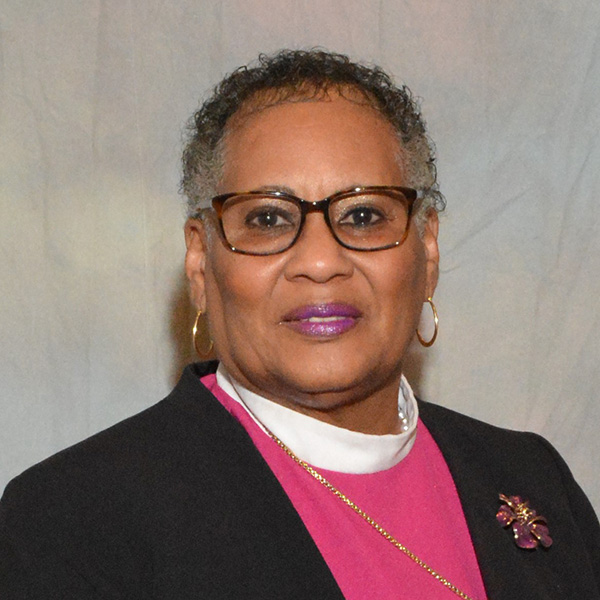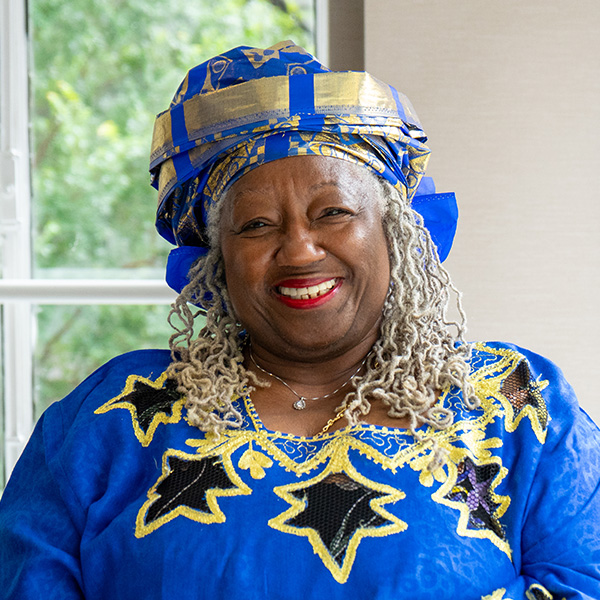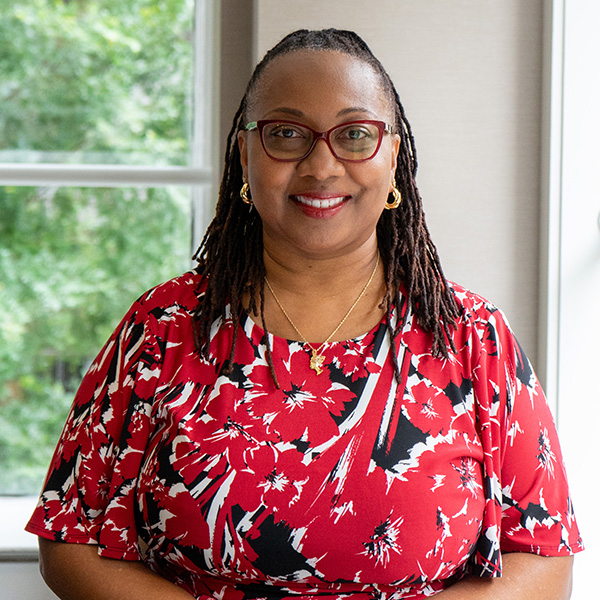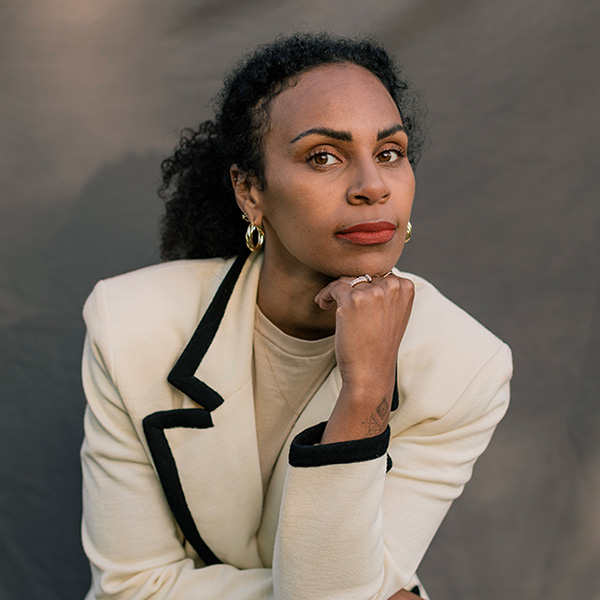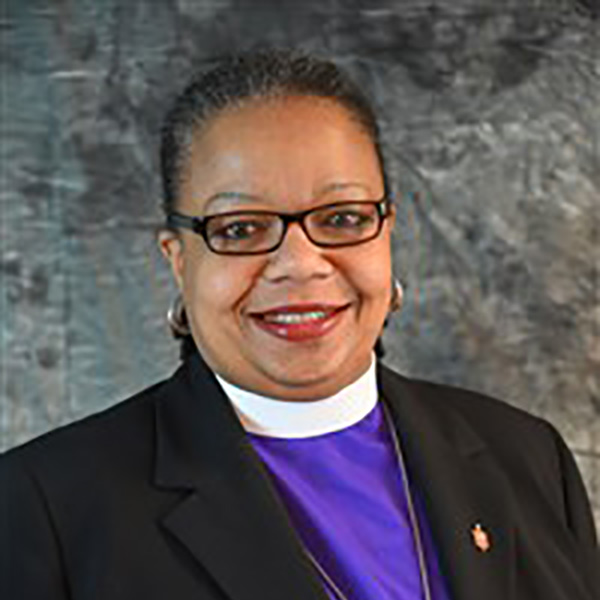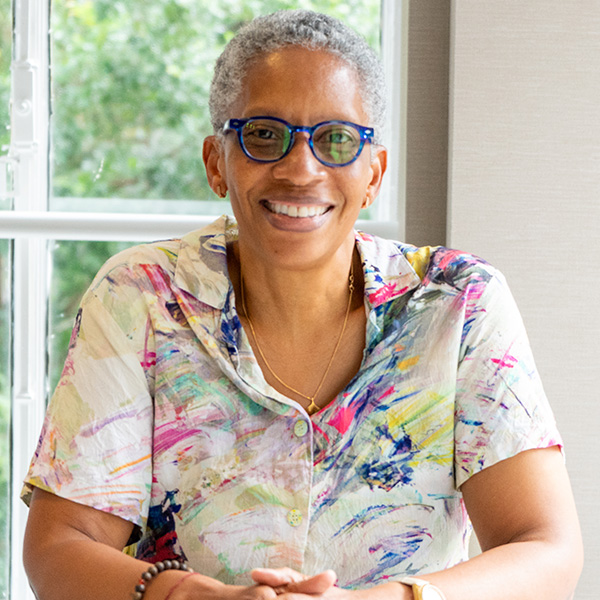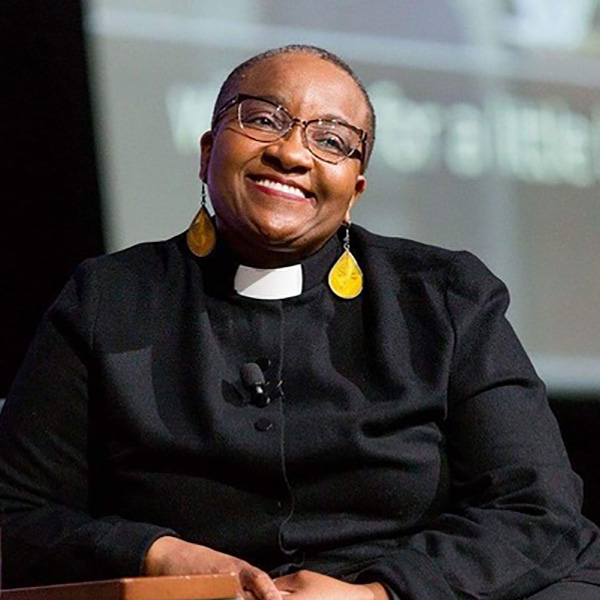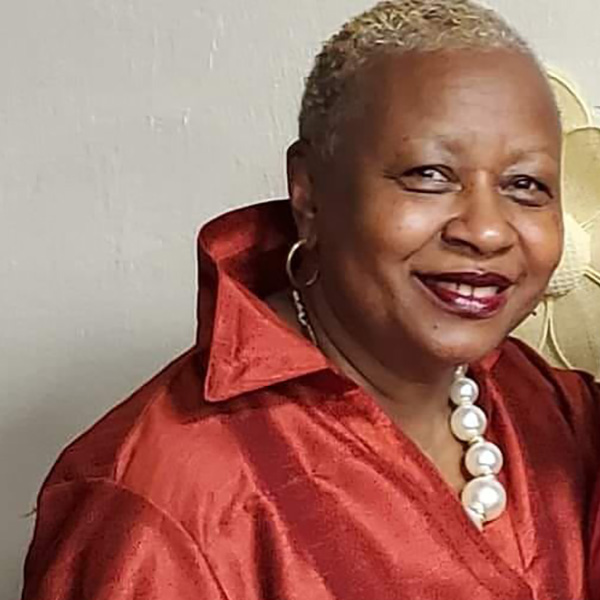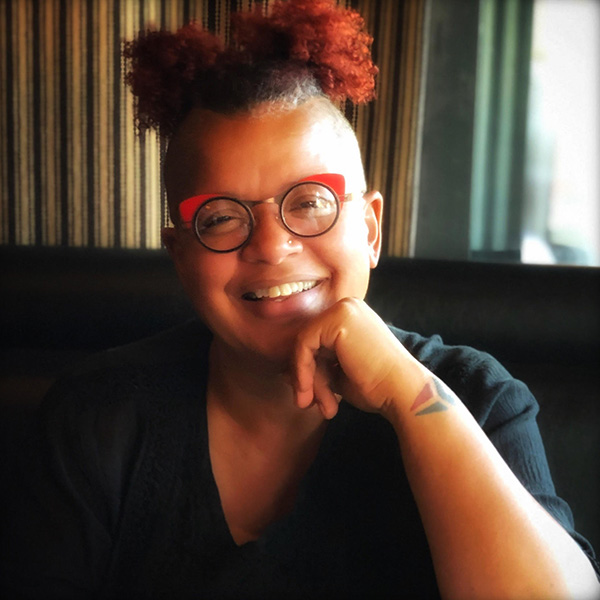Biography
Early Life
Maggie Draper’s parents were enslaved when she was born in Richmond, Virginia in 1864. Her mother, Elizabeth Draper was freed before or during the Civil War. Her father, Eccles Cuthbert, was not involved in her childhood. Maggie’s mother couldn’t read and write, but she instilled in Maggie the importance of education. Maggie excelled in academics. Her mother worked as a laundress in the home of Elizabeth Van Lew, an abolitionist and Union spy during the Civil War. There her mother met and married a butler, William H. Mitchell. Maggie attended the First African Baptist Church and was baptized as a young teenager during an 1878 revival. Maggie noticed how different economic opportunities were for Blacks and whites.
In 1881, Maggie joined the Independent Order of St. Luke, an African American benevolent organization. It was founded in 1867 to provide aid to people who were sick, poor, or elderly, and it provided death benefits to members. In 1883, Maggie graduated from the segregated public Richmond Colored Normal School. She taught at the Lancaster School for three years, and took business courses. She married Armstead Walker, a brick contractor in 1886. They had three sons and adopted a daughter.
Religious Activism Through Service and Advocacy
Walker created a branch of the Independent Order of St. Luke for teens in 1895 and soon became its Grand Deputy Matron. She focused on developing local councils and establishing membership circles that in 20 years expanded into 13 states and the District of Columbia. St. Luke’s founder had mismanaged finances, almost bankrupting the organization. Two-thirds of members left. Walker was elected to St. Luke’s highest honor, the Right Worthy Grand Secretary in 1899. In a year, she doubled the members and increased St. Luke’s treasury from $37 to $1,288 (which equals $38,000 today). Walker accepted one-third of the founder’s salary. She held this office (later along with secretary-treasurer) until 1934.
White-owned banks charged oppressively high interest rates to Black people, especially Black women. Walker believed banking at white-owned banks was feeding “the lion of prejudice.” In 1902, she founded the St. Luke Herald newspaper. That same year Walker founded the St. Luke Penny Savings Bank. She was its president until 1929.
In 1903, Walker opened St. Luke Hall, a building for her private office, the St. Luke vault, and the newspaper’s printing press. With other women members, Walker founded the St. Luke Emporium department store in 1905. The bank stayed open late, including nights and Saturdays to increase access for working people, and it accepted deposits under $1 to inspire women to save. She encouraged people to take out loans to start their own businesses. By the mid-1920s her bank had funded mortgages for 645 homes. Walker was a pioneer of micro-lending. The bank made small loans of $5 or more, which was a week’s wages at the time. Loans were based on character, work ethic, and community ties.
To prevent her bank from being shuttered and swallowed by white banks during the Depression, Walker united with two other Black-owned banks to become The Consolidated Bank & Trust Co. It lasted until 2005 as the oldest U.S. Black-owned bank, when it was purchased by Abigail Adams National Bancorp. Premier Bank bought Abigail Adams in 2009. Premier Financial became the regional Premier Bank with $1.3 billion in assets. People’s Bank bought Premier Bank in 2021.
Organizations
Walker helped found the Richmond NAACP and was on its Board of Directors. She was a founding member of the Virginia State Federation of Colored Women’s Clubs, which raised money to create the alternative school, Virginia Industrial School for Colored Girls. Walker was on the school’s board of trustees and board of managers. The organization also paid for a part-time nurse in Richmond and Piedmont Sanitarium to treat African American patients with tuberculosis. Walker was founding President of the Richmond Council of Colored Women. She helped create the Negro Organization Society of Virginia which supported efforts of churches, benevolent societies, and educators.
Walker advocated for women, children, and education. Many African American organizations celebrated Maggie L. Walker Month in October in 1934. Her influence was far-reaching, including transnational work with women of color.
Walker’s home is now a National Historic Site of the National Park Service. A statue of her was erected in 2017 in Richmond near the original St. Luke Penny Savings Bank.
